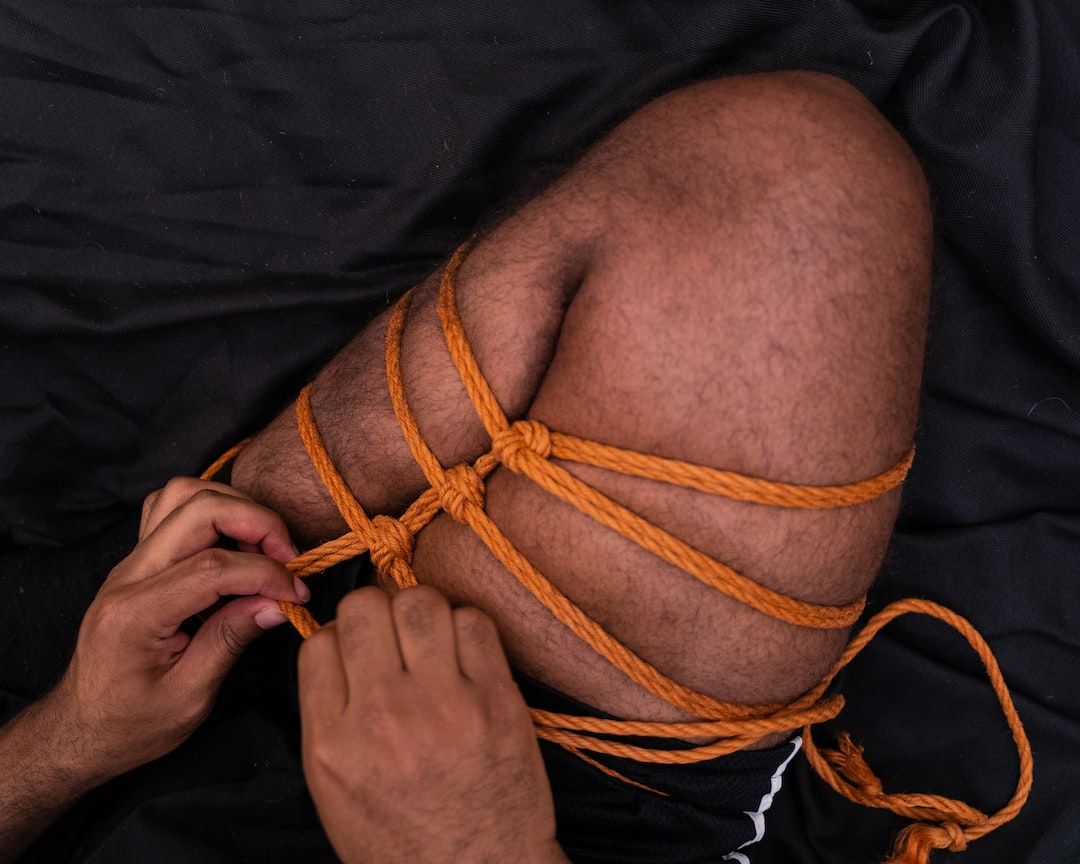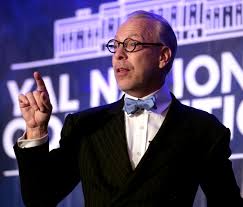Victimhood Ideology

It is no surprise that society has become somewhat obsessed with victimhood in the form of various socially reinforced movements, such as intersectionality. For those who are not familiar with the term, intersectionality broadly means that to the extent that you have various class statuses, such as a racial category, a sexual or gender category, a disability, etc., that you can essentially stack all of those categories on top of one another if you occupy more than one of them and claim greater levels of oppression than someone who occupies less or only one or none. Moreover, this ideology makes the claim implicitly that there is as obviously an oppressor who can be easily identified by way of the same rudimentary categories, such as of course race. It goes without saying that victimhood as an ideology pits groups of people against one another and stirs vicious division because it is tied to the perception of assets. What we have seen in recent years in the United States is the perils of combining unconscious group aggression with victimhood ideology. This is exactly what caused the actual destruction of American cities; the west coast stands in ruins almost exclusively as a result of this phenomena.
There are some who would not appreciate my less than gracious definition of intersectionality, but behind any amount of pseudo-intellectual wordplay that can be found in made-up academic programs, what I have stated above is truly the meaning. I refer to intersectionality in this essay as an ideology because it is linked to a cultural milieu of victimhood, and those two experiences of the self are nearly synonymous. They produce certain forms of personal malaise, and they stand as invidious markers of class warfare.

